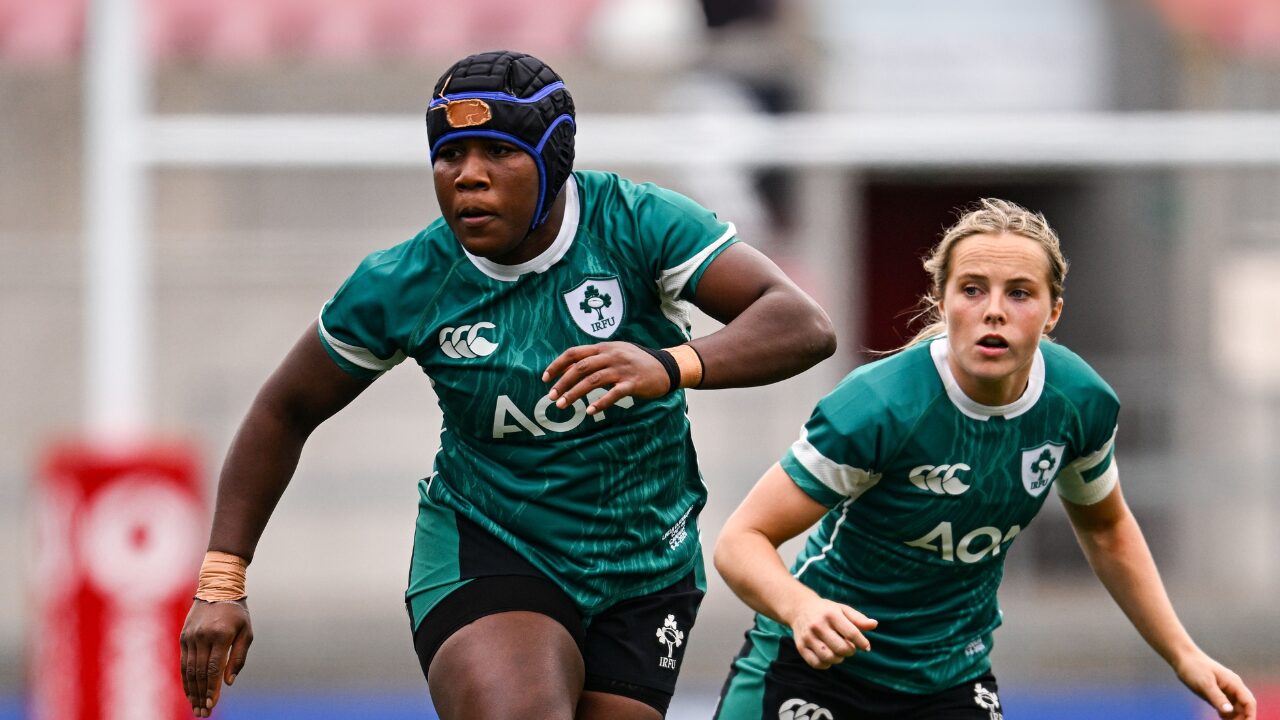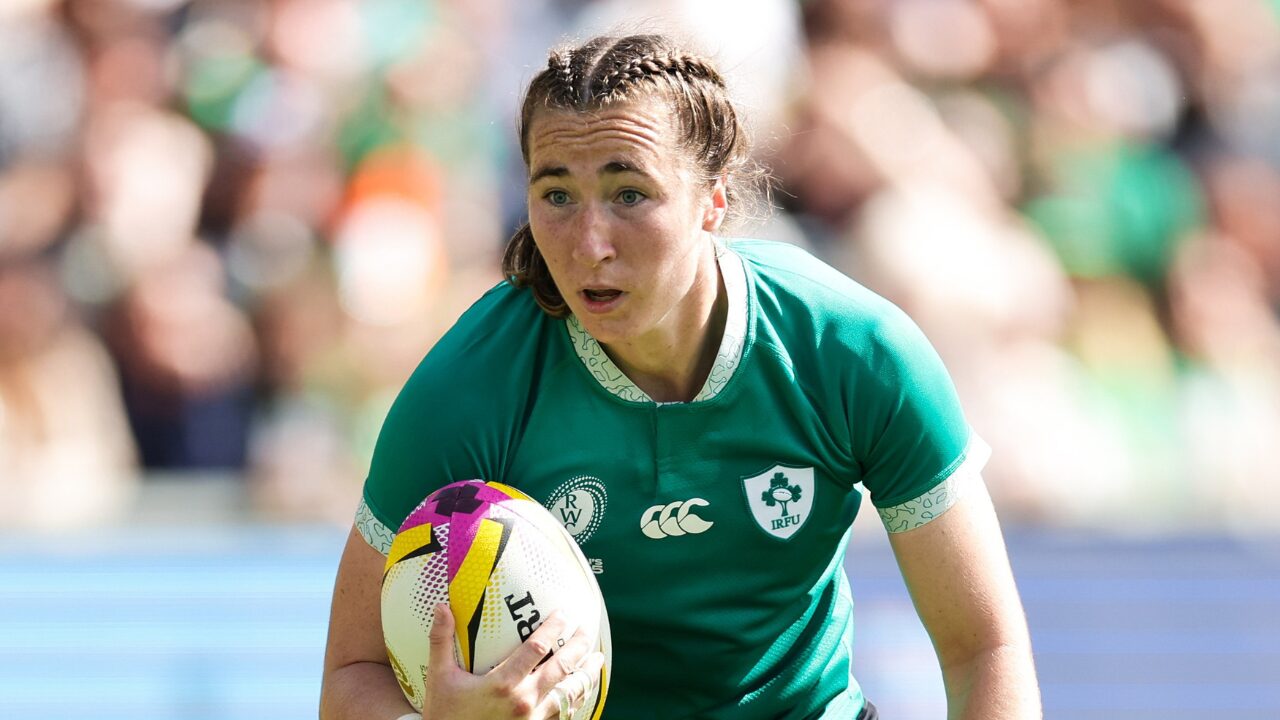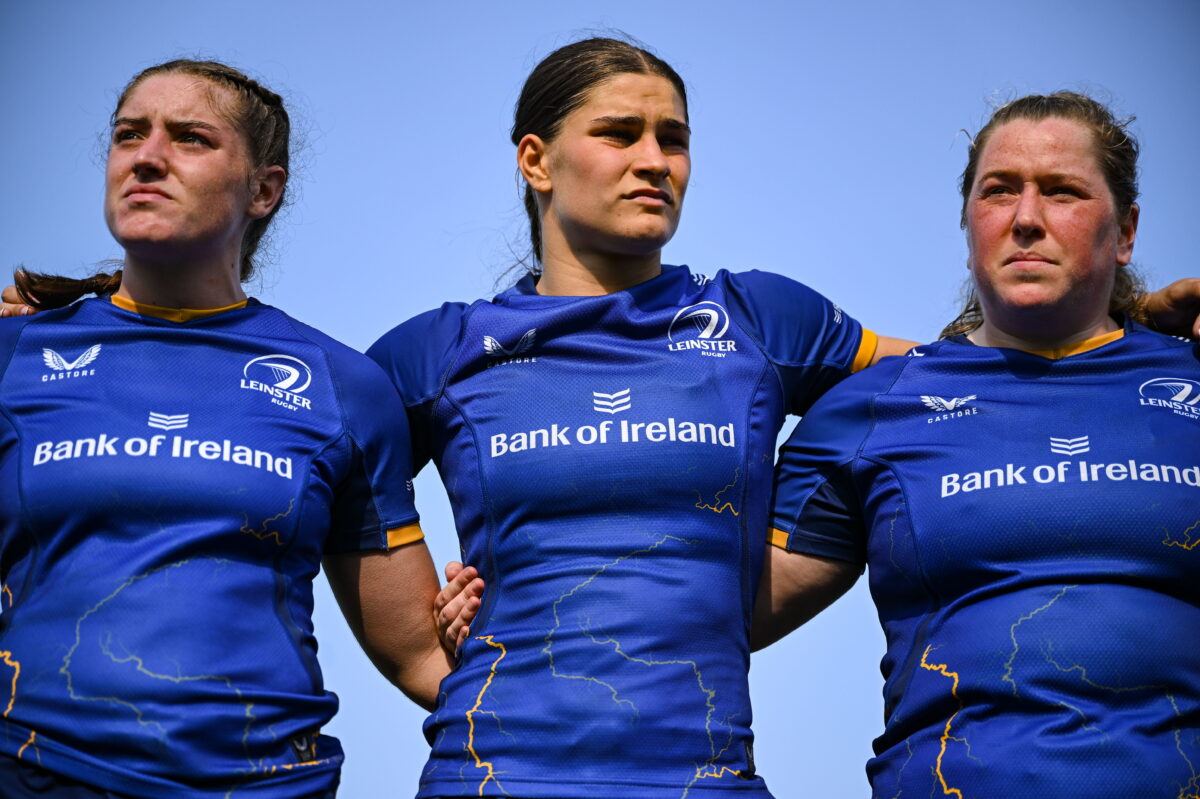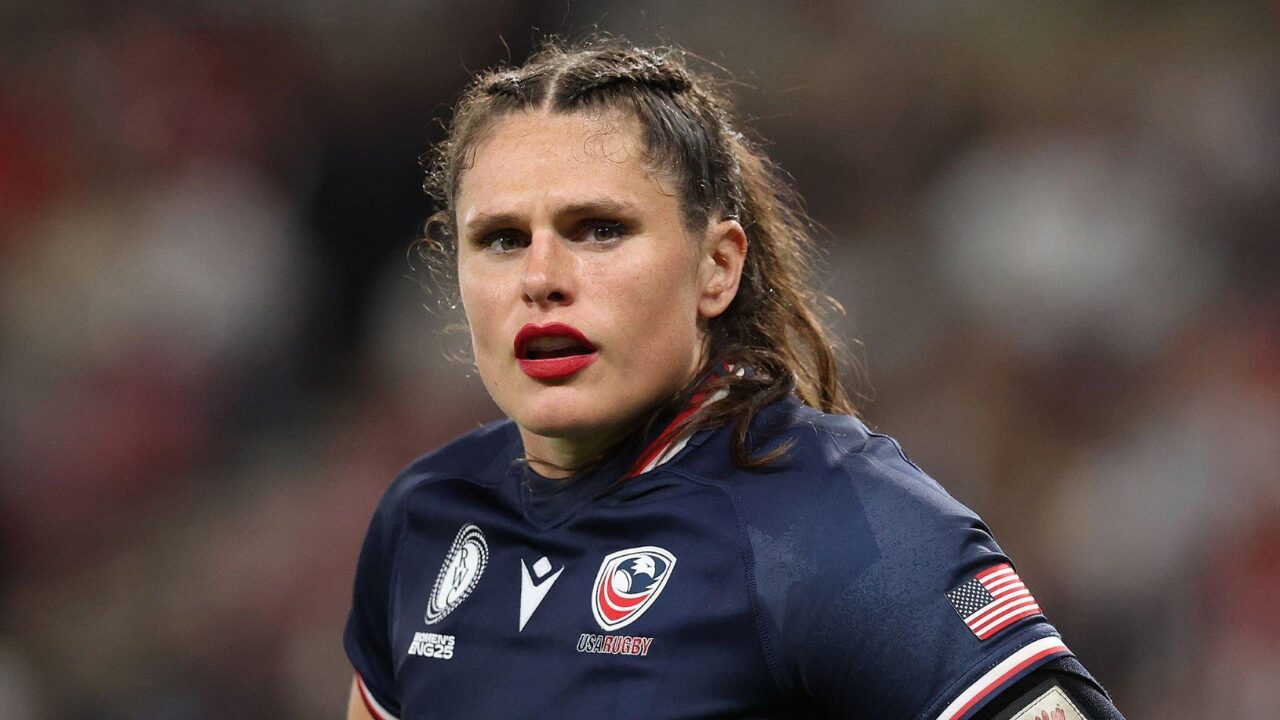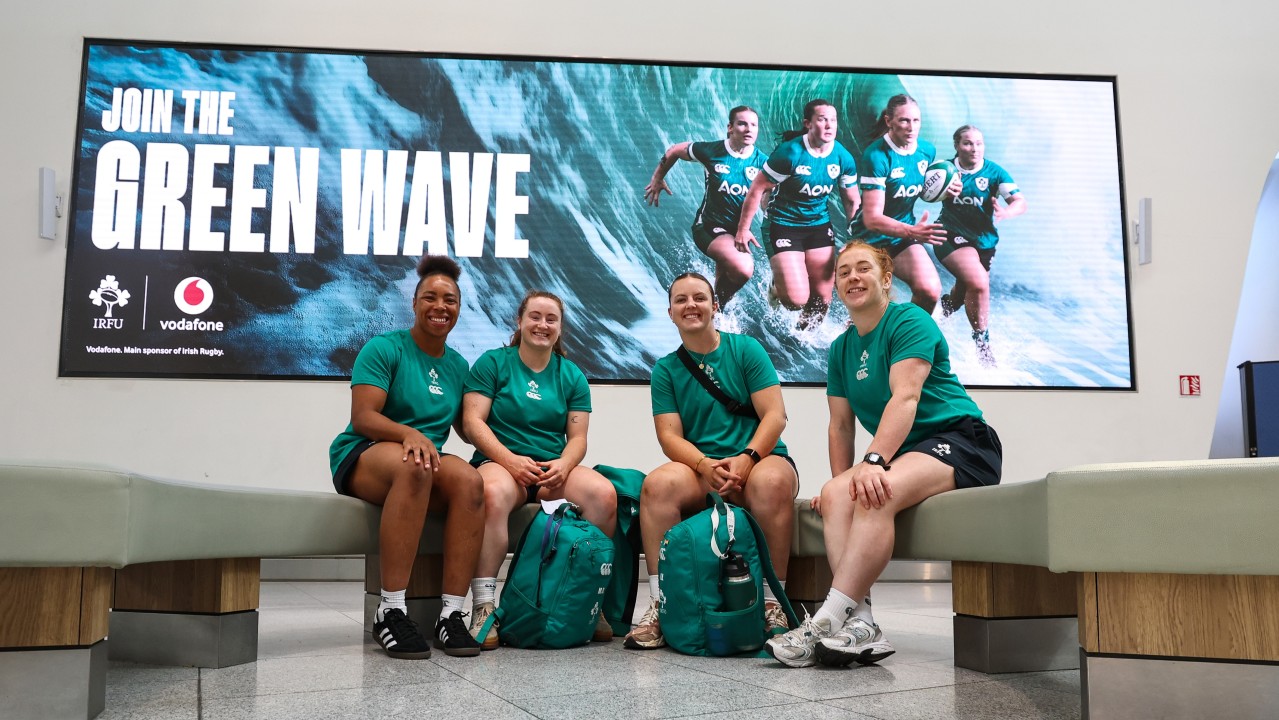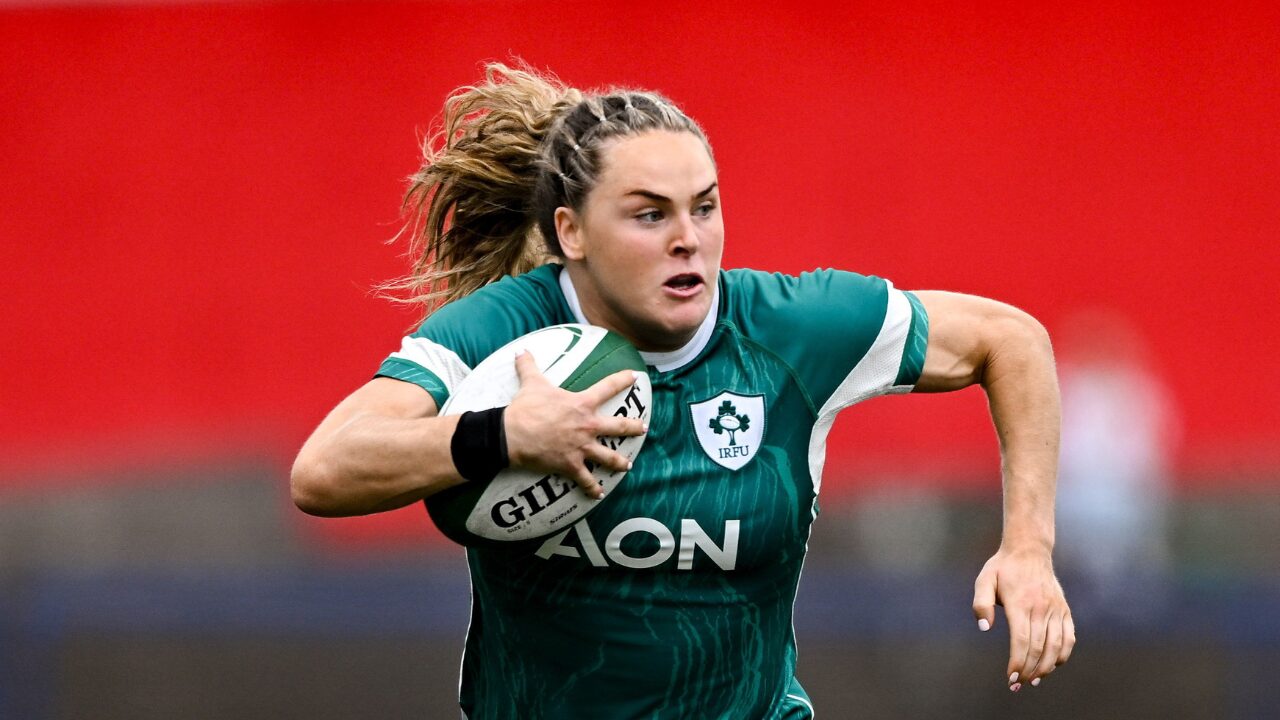Interest in women’s sports has soared over recent years, fuelling substantial increases in its commercial value. The evolution of the women’s football landscape in the UK stands out as a clear example of this pattern, exemplified by the success of Euro 2022 in England.
The upcoming Women’s Rugby World Cup 2025 has beaten records as the fastest-selling event of the tournament ever, with more than 220,000 tickets sold to date. The Rugby World Cup 2025 will also provide a barometer of the growth of the women’s game, particularly in the commercial value of women’s rugby and has an opportunity to act as a catalyst for commercial growth.
New joint venture model
World Rugby has adopted a new corporate model for its Rugby World Cup for both men and women, entering a joint venture with its host nation – England in this instance. The new model aims to maximise financial and operational efficiencies, unlock greater value for hosts and global rugby development, and broaden fan and commercial appeal. It will also see World Rugby take more direct responsibility for delivery. Under the previous model, World Rugby would have handed over operational responsibility to the hosts in return for a fee. The Rugby World Cup 2025 will be the first world cup to adopt this model, but it will be followed in future world cups, including the Men’s Rugby World Cup in Australia in 2027.
Commercial revenue potential
Research by Deloitte indicates that more than half of the income generated in women’s sports arises from commercial streams, including sponsorships, strategic partnerships and merchandise, while broadcasting rights and matchday activities account for smaller proportions. Companies are increasingly discovering that fans respond more positively to organisations supporting women’s sports than those backing their male counterparts. This shift in public perception, combined with the untapped market potential of women’s sports, is encouraging more brands to invest in and align with the sector.
The 2021 Rugby World Cup, held in New Zealand, serves as a useful comparison to the 2025 Rugby World Cup to assess the growth in the last four years.
Sponsorship and brands
The 2021 Rugby World Cup generated NZ$18.5 million in sponsorship revenue from 18 sponsors annually. It is expected that this will be surpassed at Rugby World Cup 2025. According to Nielsen research, sponsorship value across all women’s sport went up by 152% in the period 2019 to 2024 and 72% of sports fans in the UK believing that sponsoring women’s sports reflects positively on brands. HSBC, MasterCard and Asahi are among those confirmed as official and principal partners. Brands will partner with women’s rugby stars including Ilona Maher, who joined the Bristol Bears for a three-month period in January 2025. Her signing led to a record-breaking attendance at her first match. She will return to the UK to represent the USA at the tournament.
Broadcast rights
One of the most valuable assets that tournament owner, or “rights holder”, has is the right to broadcast its sports events. Rights holders monetise those rights by licensing the right to show their sports events to TV broadcasters such as RTÉ, Sky or, more frequently, to over-the-top platforms such as Netflix or Amazon. The rights holder for the Rugby World Cup 2025 is World Rugby.
BBC has bought exclusive rights to broadcast every game of the 2025 Women’s Rugby World Cup in England with select matches to be shown on the BBC’s linear channels, while every game will be available to watch live on BBC iPlayer and the BBC Sport website and app. RTÉ will broadcast the tournament in Ireland. Although the value of those deals has not been published, Deloitte projected that broadcast revenue in women’s sport grew will have grown by over 300% from 2022 to 2025.
The deals with free-to-air broadcasters BBC or RTÉ illustrate the value World Rugby has placed on promoting the visibility of the sport. In contrast, the men’s club rugby competitions, such as the Champions Cup, are broadcast predominantly via subscription broadcasters which offer more substantial revenues but a more limited audience.
Ticket revenues
As of June 2025, over 300,000 tickets had been sold for RWC 2025, which is over 50% higher than for the previous World Cup. With half of the eight stadiums having capacity for over 25,000 people, there is significant scope to generate significant matchday revenue by filling the stadiums. The previous record attendance for a Women’s Rugby Union match was 42,579, with a further record of 66,000 set at the Stade de France for the women’s Olympic sevens at Paris 2024. Both are expected to be surpassed at the 2025 event due to high ticket demand and the 82,000-seat capacity at Allianz Stadium, formerly Twickenham, for the final.
Conclusion
The Rugby Football Union has already forecast that the Rugby World Cup 2025 will provide a £156 million uplift to the UK economy. The momentum behind women’s sports continues to accelerate, driven by evolving commercial models, innovative partnerships, and a rapidly growing and engaged fan base. The 2025 Rugby World Cup is poised to serve as a landmark in this trajectory in rugby: testing the new joint venture hosting model, setting new benchmarks for sponsorship, and prioritising accessibility through strategic broadcast arrangements with free-to-air partners.
______
Ogier is Ireland’s leading sports specialists, supporting women’s sports.

